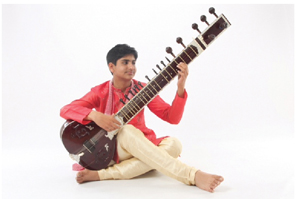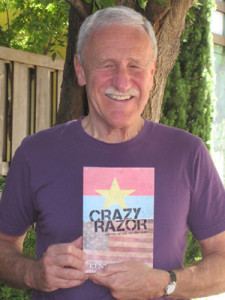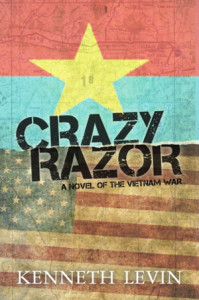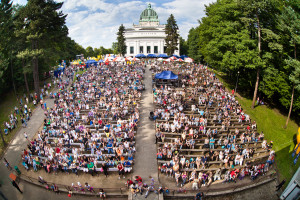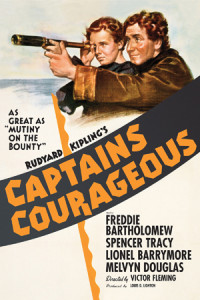Sometime, in the not-too-distant future, we intend to publish a special issue of ALIVE devoted to the game of chess; something that has been of interest to me—perhaps bordering a passion—for many years. And, no, I am by no means a master, expert or even a “good” player, but I enjoy the challenge of its mental gymnastics, just the same.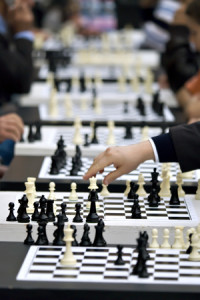
The rich, historical legacy of chess allows much of the game’s character to be understood by even non-players. Most people know that with each move there arrives a new problem to be solved—a kind of “fresh puzzle” with each new position.
If I have come to understand one principle of the game over my past forty-eight plus years of play, it is that there is always something new to learn; a new opening sequence or a heretofore untried tactic. But all of this is academic, if one is not open to the idea of learning. To a large degree, the elite players of the chess universe are those who have been most willing to learn new concepts.
Somewhere, we’ve all read the slogan, “think globally, act locally;” the implication being that the problems of the world can be solved if we make a personal effort, right where we are, to in some small way, affect change. While this is all well and good, I would say it is most effective when we have an open mind, as we “think” and “act.”
Long ago I read somewhere that at any given time, 59% of people are open to receiving new information—but only when conditions and timing are perfect. Twenty-three percent are completely negative and unwilling to learn anything new. Only 18% are willing, open and ready to receive new information.
So, let me ask you: When that salesman last approached you, did you assume their only interest to be in selling something? Or were they offering an opportunity or the possible fulfillment of a need? If you’re part of the 23% you may have missed a long-sought solution to a big problem.
I suppose it is just human nature that we allow the fear of change to sort most of us into those larger categories that resist or struggle with new ideas. The sad truth is, for most of us, as open to new ideas as we sometimes think we are, there are very few grandmasters anywhere to be found.
Maybe our “global” challenges could be more effectively addressed if we all joined the eighteen percent, becoming more open to new “opening sequences and heretofore untried tactics.”

